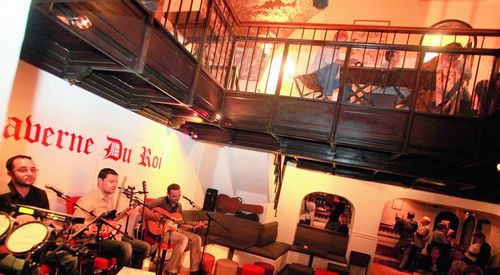Corse-du-sud
WELCOME TO Corse-du-sud
Entry Into State
Ajaccio
4,014 km2
160,000
French
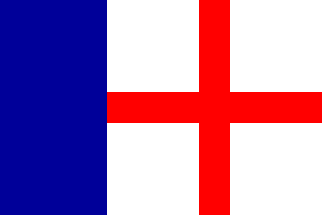
Popular
Geography and Tourist Attractions
Information about the canton's tourist attractions, including popular destinations, events, and activities.
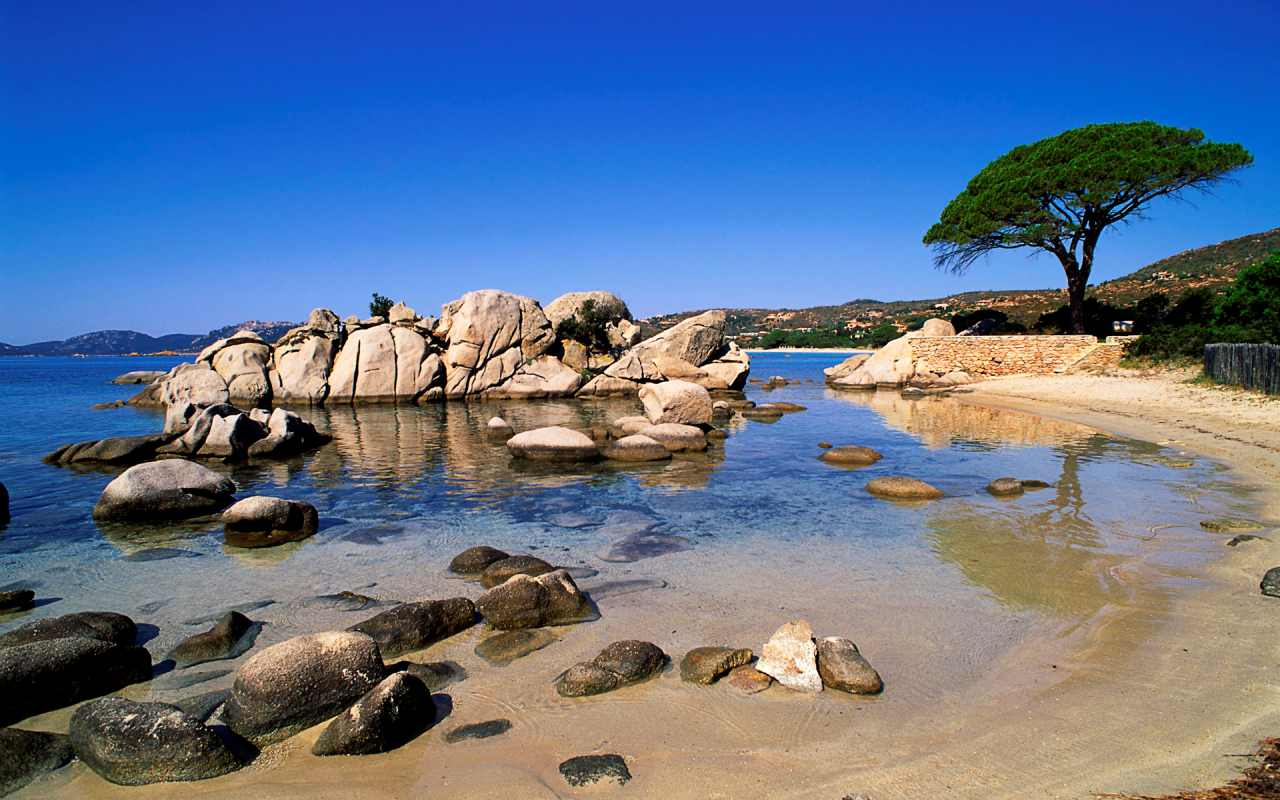
Beaches
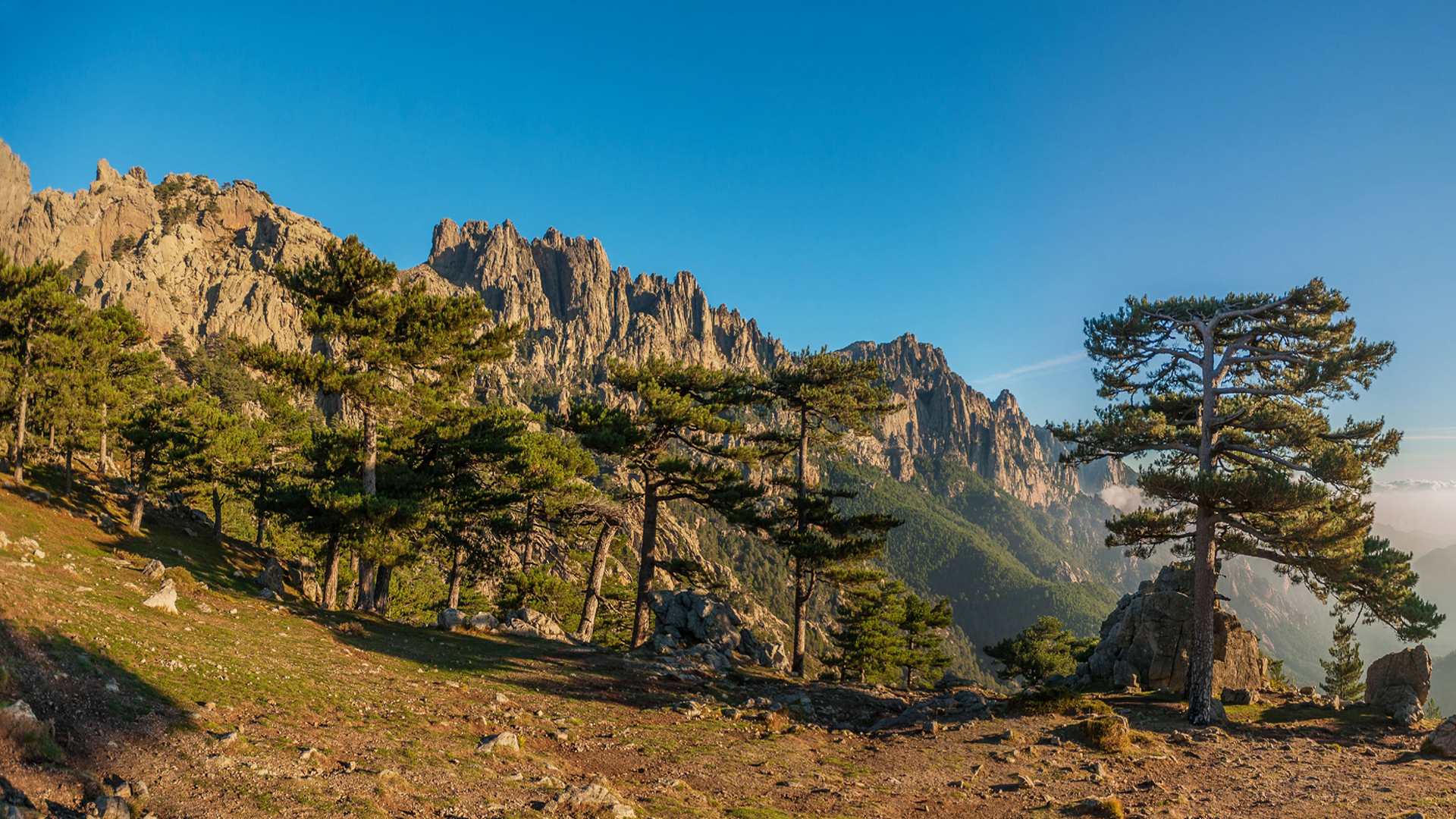
Mountains
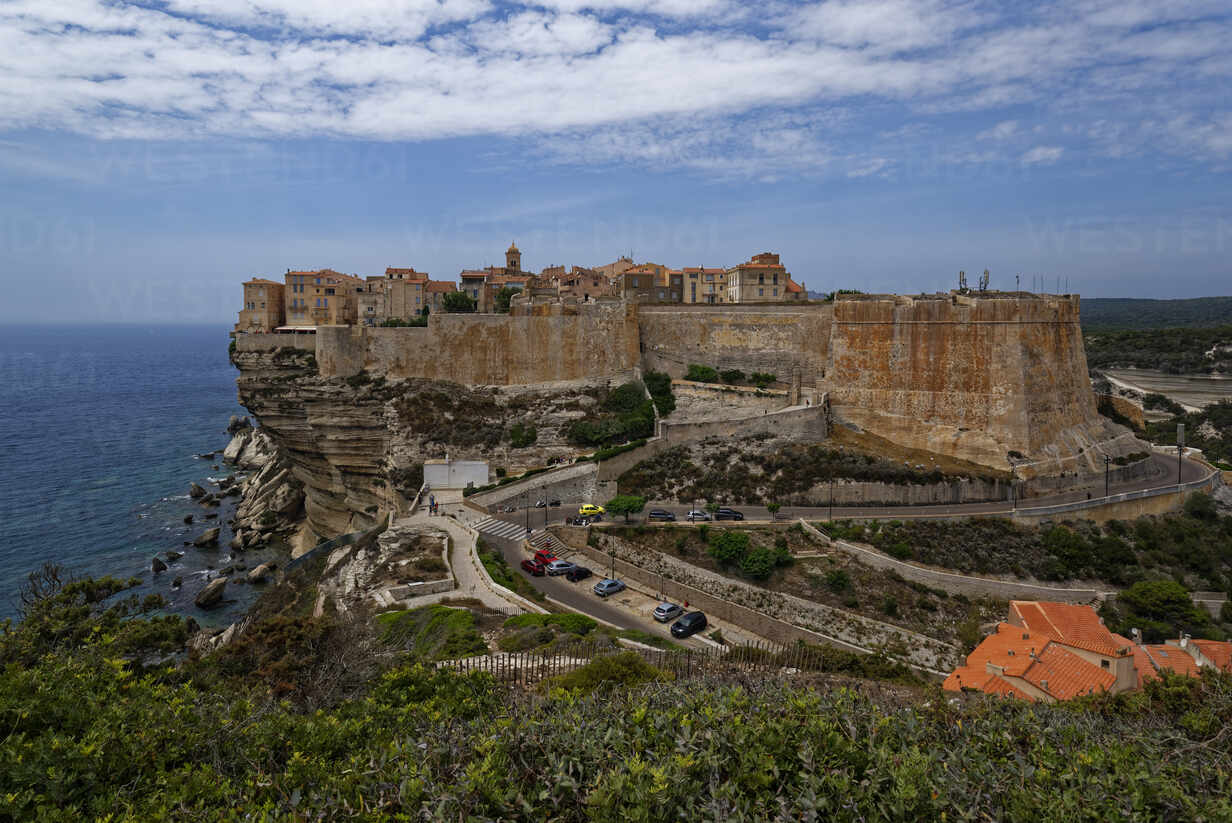
Historic Towns
Political
Economy and Government
Corse-du-sud is a department of Corsica, an island in the Mediterranean Sea, and is part of the French Republic. The region's economy is largely based on tourism, with visitors drawn to its beautiful beaches, historic towns, and rugged mountains. In addition to tourism, the region's economy also relies on agriculture, including the production of cheese, wine, and honey.
As a department of France, Corse-du-sud is governed by the French government, with a prefect appointed to oversee the region. The prefect is responsible for implementing national policies and managing the department's budget, as well as coordinating with local officials on issues such as transportation, education, and health care.
In recent years, there has been a movement among some Corsicans to seek greater autonomy from the French government, with some advocating for Corsican language and culture to be given more recognition and support. However, the majority of Corsicans still support remaining part of France, and the region continues to be governed as a department of the French Republic.
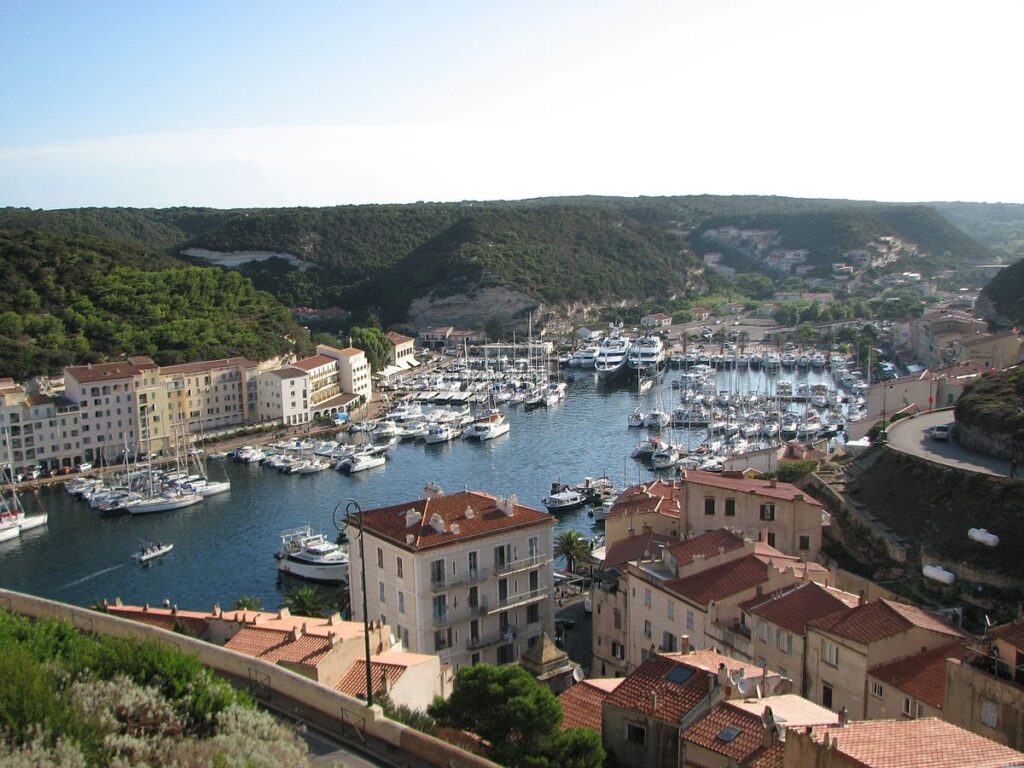
History
History and Culture
Corse-du-sud, located on the island of Corsica, has a rich and complex history that has shaped its unique culture. The island has been inhabited by various peoples throughout history, including Greeks, Carthaginians, and Romans. In the Middle Ages, Corsica was ruled by a series of feudal lords before being conquered by the Genoese in the 13th century. In the 18th century, the island was briefly independent before being annexed by France in 1768.
Corsican culture is a mix of Mediterranean and Italian influences, with a language that is closely related to Italian. The island has a long tradition of music, with distinctive polyphonic choral singing that has been recognized by UNESCO as an intangible cultural heritage. Corsicans are also known for their cuisine, which features local products such as charcuterie, cheese, and wine.
Corsican identity has long been a source of pride for the island's inhabitants, with a strong sense of regionalism and an independent streak. This has been expressed in political movements seeking greater autonomy for Corsica within France, as well as in the cultural and linguistic revival of Corsican traditions in recent years.
HOTELS
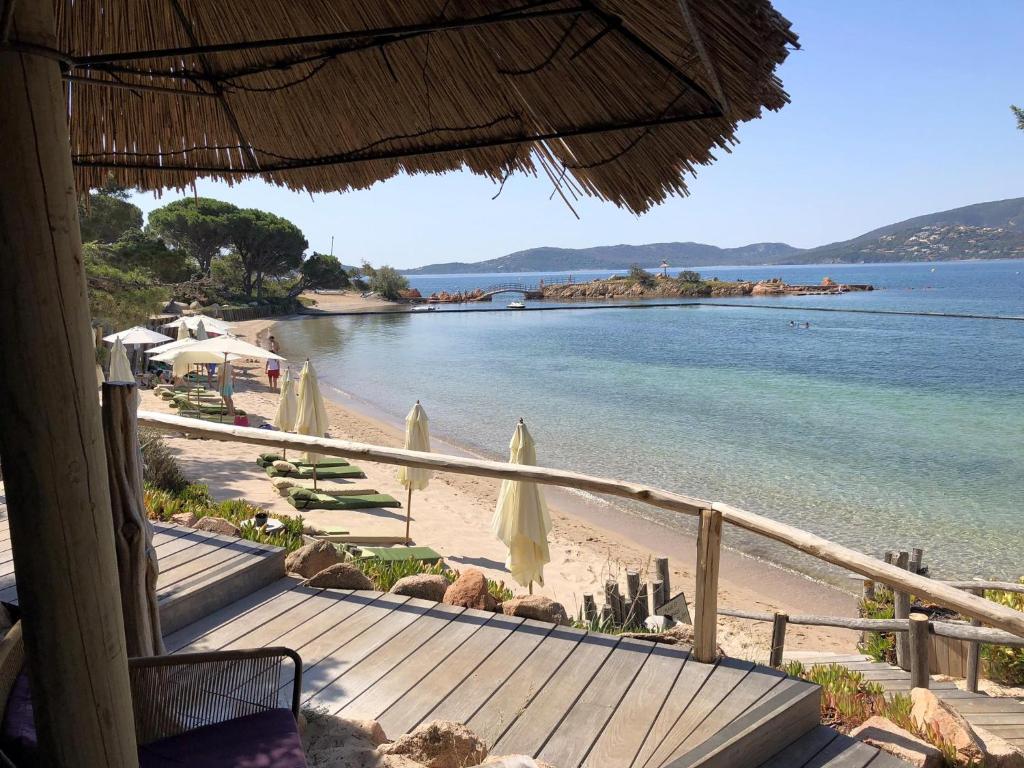
Grand Hôtel de Cala Rossa
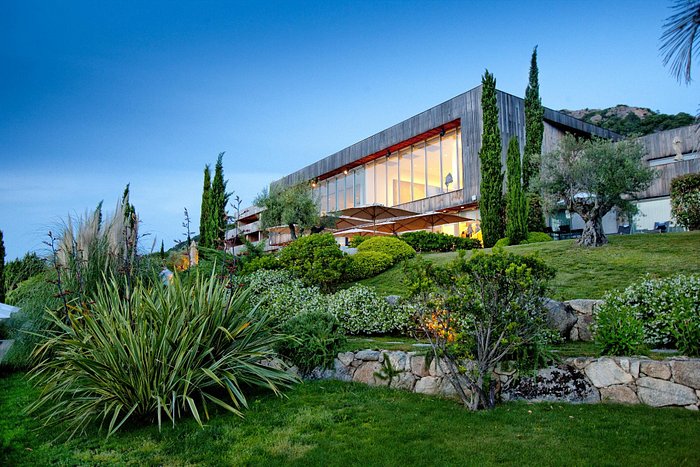
Hotel Casadelmar
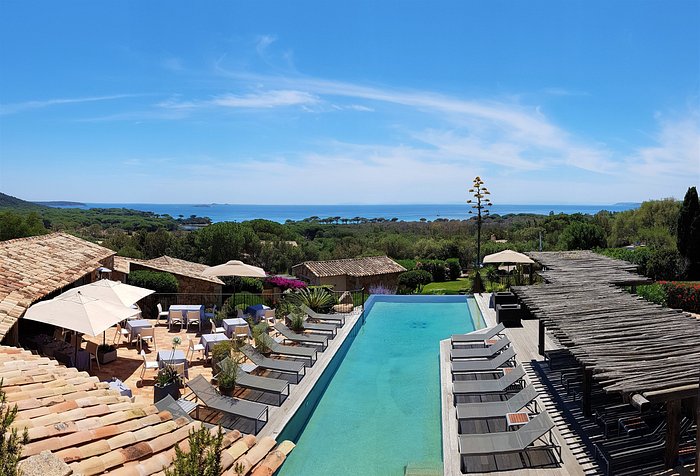
Les Bergeries de Palombaggia
RESTAURANTS
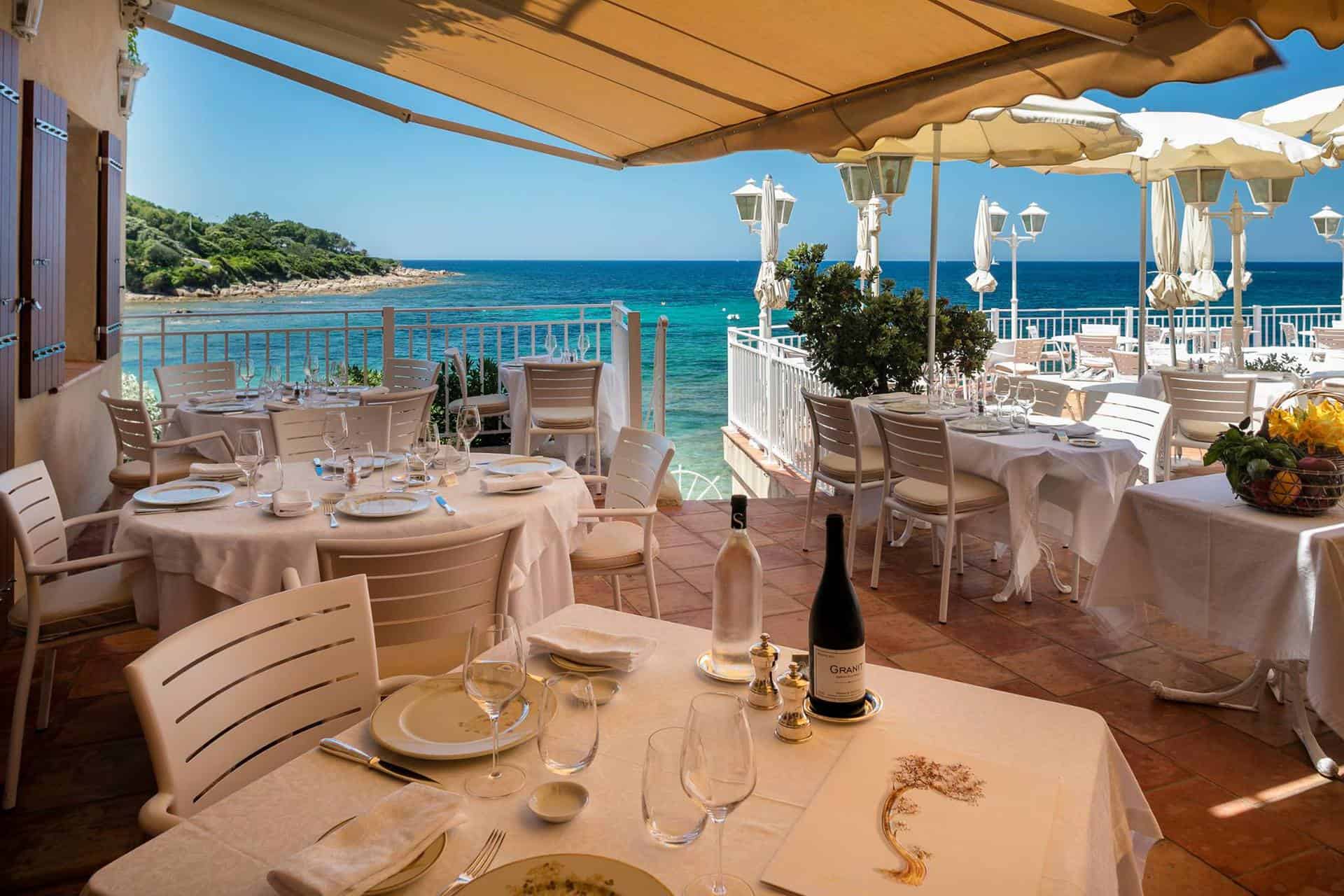
L'Arbousier

La Table de Nathalie
